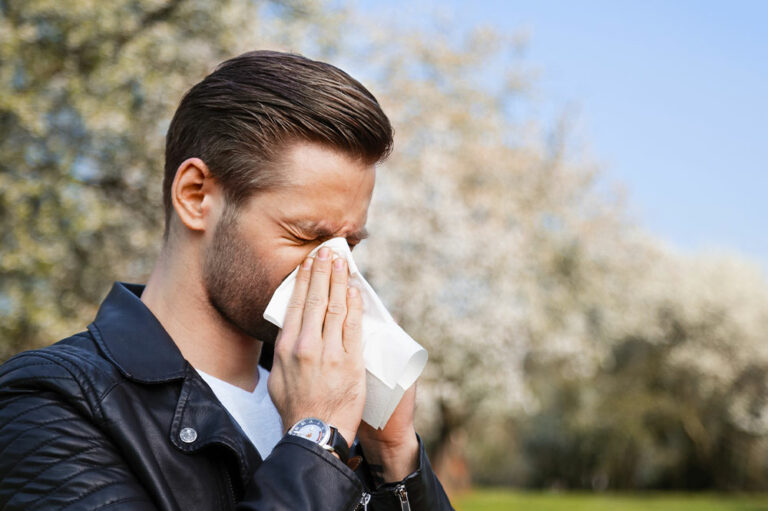
health
6 worst cities for people with allergies
Small towns and villages usually outperform big cities, with lower levels of noise, water contamination, and other environmental factors affecting a person’s quality of life. But what makes a city particularly repulsive for people with allergies? Principally, it is the climate, average temperature, humidity, and air quality. These factors play a major part in the concentration of allergens in any city. Based on these factors, here are the country’s worst cities for people with allergies. Scranton, Pennsylvania Scranton’s high average humidity level (82 percent) and the record number of certified allergists (253) assigned to improve the city’s air quality are testaments to its unenviable allergen capital status. The city’s burgeoning railway and mining industry contribute to its poor air quality. Furthermore, the region has a large population of birch trees (a leading cause of allergies), and its grass and tree pollen seasons overlap, making sneeze seasons longer. These factors make Scranton arguably one of the worst cities for people with allergies to stay in. Richmond, Virginia Like Scranton, Richmond has a high pollen count throughout the year. Additionally, this city has fewer allergists to manage its air quality and allergen levels, an aspect that negatively influences these attributes. Richmond also has a large percentage of people using allergy treatments regularly.







